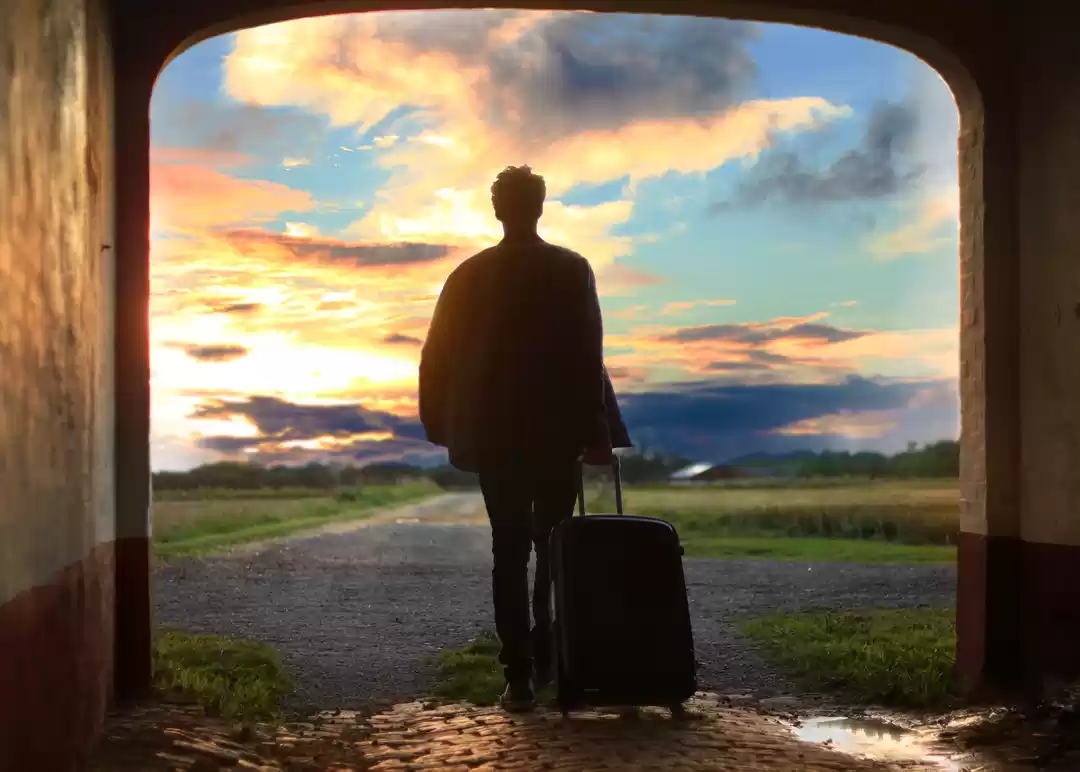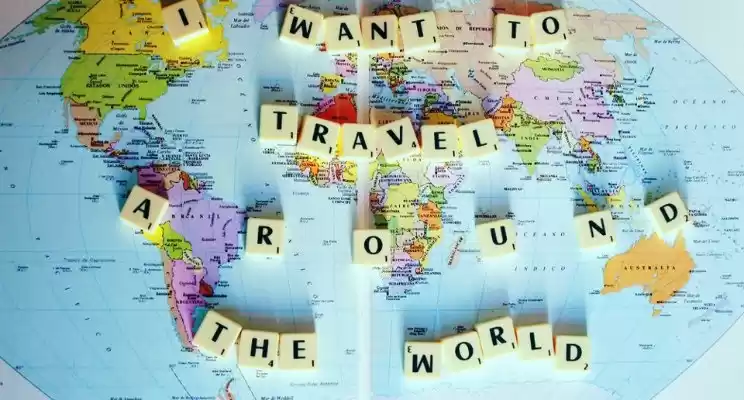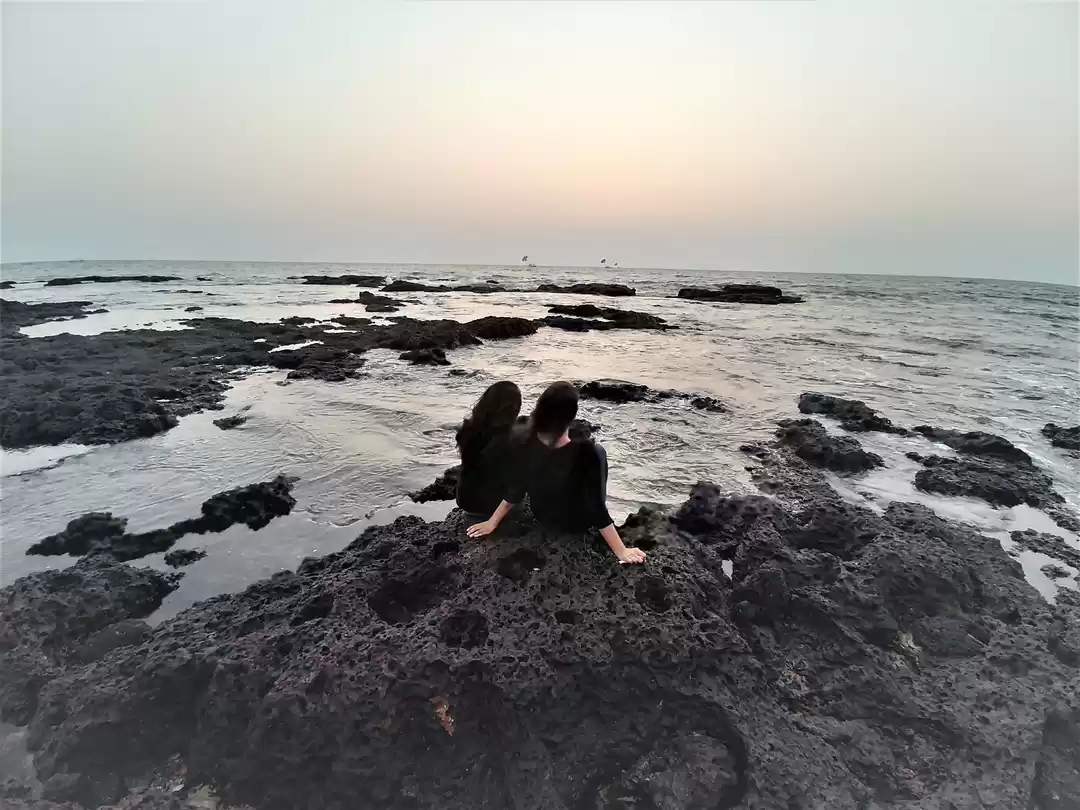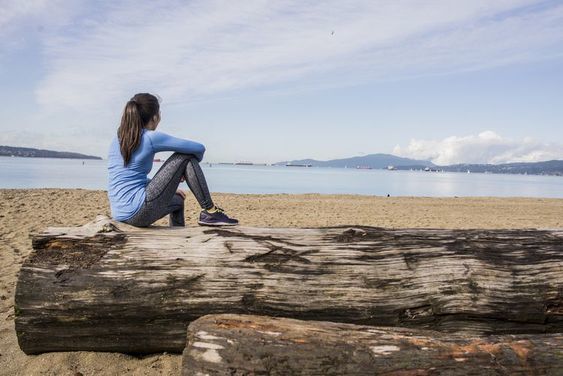
Travel represents an escape. A clean slate. A way to reinvent ourselves through new experiences, challenges, and fun-filled adventures.
But a few days into your trip, you find yourself feeling tired and listless, without the energy or enthusiasm to go out and explore. You don’t want to do anything, you don’t want to interact with anyone, and it takes everything you have just to get out of bed. For people traveling with depression, this scenario might sound uncomfortably familiar.
If you’re struggling with depression, it doesn’t necessarily mean that you can’t travel, but you may need to take a little extra care and preparation to ensure that your trip goes smoothly.
Wouldn't it be wonderful if it were that easy?
Fleeing to avoid uncomfortable situations is utterly human. After all, the fight-or-flight response has been around since the dawn of time. The study says if this escape in the form of travel is done impulsively, there’s a greater likelihood symptoms will rebound or return even stronger than before.
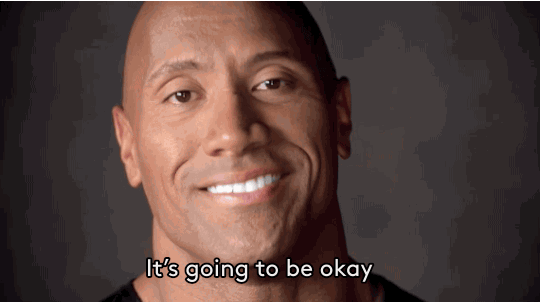
Check yourself on these points which can help make traveling with depression a little easier.
1. Know Before You Go
Those stories you read of people quitting their jobs to travel the world who come back with a fresh perspective? They’re an exception. You should first know your purpose of taking travel and how would you do it.
If you are taking this trip to give yourself a relaxing break then be sure you can travel solo or find friends who can accompany you. Compile a list of resources for say contacts, of people you can get in touch with if something happens. If you take medication, meet with your doctor and make sure you have enough for your trip. Think about the budget you can spend for this break.
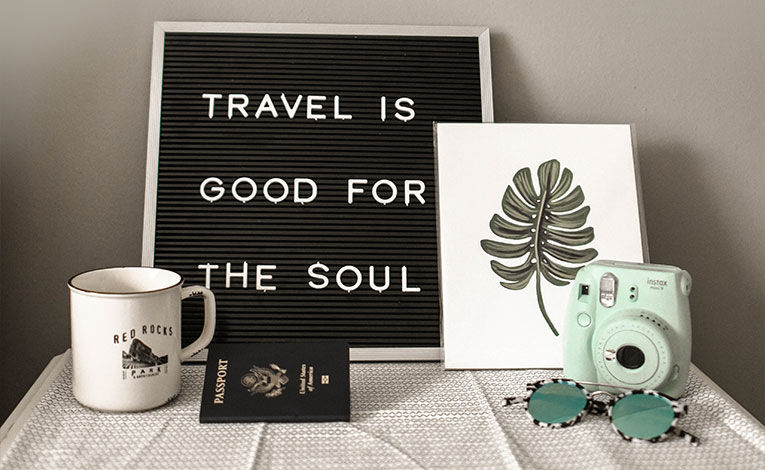
2. Plan Your Trip Wisely
When you are traveling in depression, even small stress can bring on symptoms or make them worse. Make prior arrangements for things to go smoothly back at home. Pre-plan your trip, be it accommodation or transport so you don't worry about anything in the last minute.
If you’re not an experienced traveler, start small—like a weekend road trip or a quick flight to a nearby city rather than a two-week transatlantic trip spanning multiple countries.

3. Know Healthy Ways to Take on Travel with Depression
There isn't a say that people with depression can't travel healthily. Conscious use of travel for healthy respite or relief can be helpful. It’s when travel is viewed as a cure that problems arise.
Once you’ve learned what tools and assistance are effective for you, relying on many of the same practices while on the road is sufficient.
Best therapy on the go is:
Adhere to your meditation practice.
Opt to sightsee by foot to keep your step count high.
Eat healthy local cuisine so you still get nutrition.
Get seven to eight hours of sleep every night, do not oversleep and get acclimated to your time zone as soon as possible.

4. Stick to a Routine
While part of the fun of travel is breaking out of your everyday routine, that lack of structure can sometimes cause problems for people traveling with depression. If you are on a long trip you might be missing your routine.
Forcing yourself to get up at about the same time every day, eat breakfast, just those normal things you’d be doing at home … can be a huge help in making yourself feel a bit more ‘normal'.
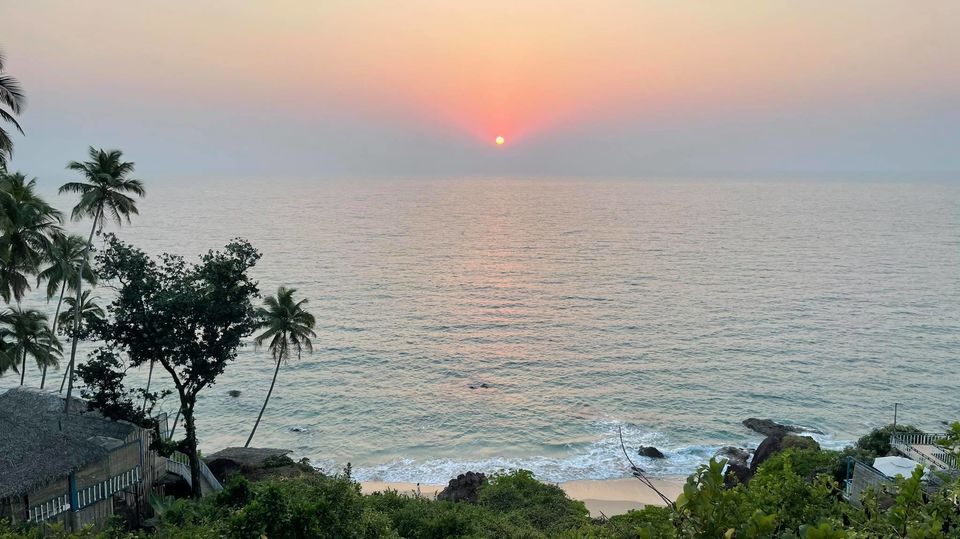
5. Set Small Goals
Sometimes travelers with depression put too much pressure on themselves to see all the local sights and constantly have a great time. But if you’re struggling with a lack of energy or motivation, that can just make things worse.
When traveling, if you notice that this is happening, set small, reasonable goals for yourself.
6. Get a Little Space, remember Travel is like Therapy but also not a Therapy
If you’re feeling blue and just not up for that walking tour or temple visit, don’t force it—instead, permit yourself to take a little vacation from your vacation.
Sometimes there's pressure to interact with other travelers, and not waste a single second. But it's okay to just chill out in a cafe and say no to hiking day even though that's on your list.

7. Be Patient with Yourself
Travel can be stressful and exhausting at times even if you aren’t traveling with depression, so don’t be too hard on yourself if you aren’t able to do everything on your itinerary.
While traveling be prepared you might come across bad experiences, but that should not harm you. Good and bad things are part of our life and we can face them anytime-anywhere.

8. Set Real Expectations
For some people stresses of transportation or jetlag or just being in a strange place make things worse while for others traveling places and meeting people helps depression symptoms.
Don't go with the mindset that everything will go perfectly or that you’ll be able to escape your depression completely. Such expectations simply add more pressure and exacerbate your symptoms.
Last but very important thing to take care of:
You should know how to tackle post-travel blues
Traveling often brings feelings of relief and happiness. The crash comes when you have to return home at the end of a trip.
There’s never been a magical cure for depression. Setting the right expectation and having your mental satisfaction heals it all together. Take good care of your body and remember mental health is important, so find your way to deal with it. Be it Travel or food or just reading books, any small thing can make you feel great.

Earn credits and travel for free with Tripoto's weekend getaways, hotel stays and vacation packages!
Explore the best of travel inspiration on Tripoto Instagram!
















